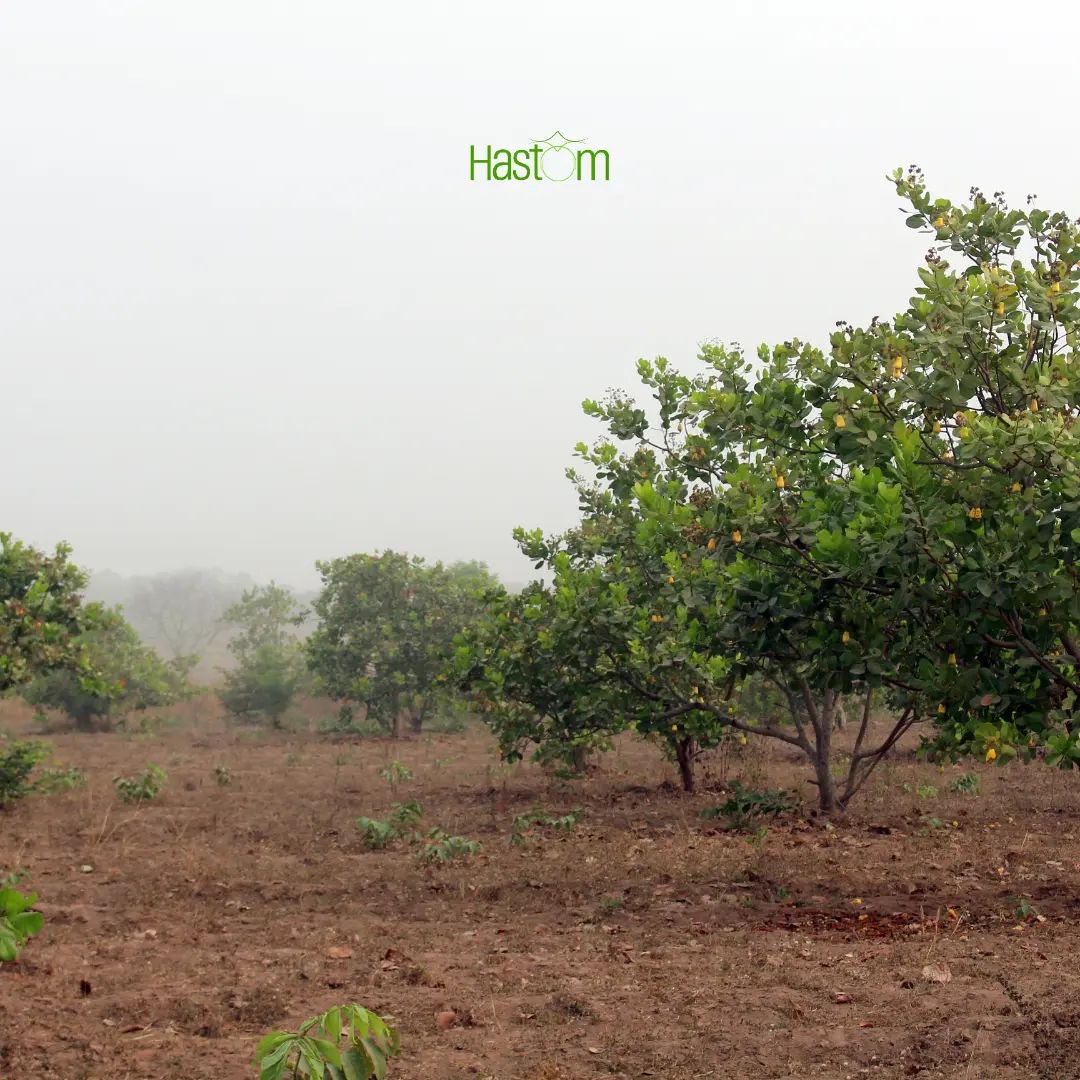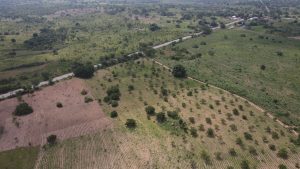
Introduction
Cashew farming in Nigeria has witnessed remarkable growth over the years. Nigeria has emerged as a key player in the global cashew industry. The Cashew tree, native to Brazil, found its way to Nigeria in the 15th century, and today, the country stands as one of the leading producers and exporters of cashew nuts with Ogbomoso Cashew occupying the front seat. This surge in cashew farming has not only bolstered the nation’s economy but has also provided a lifeline for countless farmers, fostering sustainable agricultural practices and contributing to poverty alleviation.
Historical Perspective
The journey of cashew farming in Nigeria has been a transformative one. Originally introduced as an ornamental plant, cashew trees found their niche in the country’s diverse agroecological zones. Over the years, farmers recognized the economic potential of cashew cultivation, leading to a shift from traditional crops to cashew orchards. The government’s strategic initiatives and supportive policies also played a crucial role in fostering the growth of the cashew industry.
Economic Impact
Cashew farming has become a significant contributor to Nigeria’s economy, generating substantial revenue through both domestic consumption and international exports. The global demand for cashew nuts has been on the rise, and Nigeria has capitalized on this trend. The export of cashew nuts has become a major source of foreign exchange earnings, helping to diversify the country’s revenue streams and reduce dependence on oil exports.
Furthermore, cashew farming has created employment opportunities across the value chain. From planting and harvesting to processing and distribution, the entire cashew industry has become a source of livelihood for many Nigerians. Smallholder farmers, in particular, have benefited from cashew cultivation, experiencing improved income and enhanced socio-economic conditions.

Sustainable Agriculture Practices
One of the notable aspects of cashew farming in Nigeria is its emphasis on sustainable agriculture practices. Cashew trees are well-suited to the country’s climatic conditions, requiring minimal water and thriving in various soil types. This adaptability has made cashew farming a resilient and environmentally friendly option for many farmers.
Additionally, cashew farming contributes to soil conservation and biodiversity. The deep roots of cashew trees help prevent soil erosion, and the presence of cashew orchards supports the growth of diverse flora and fauna. This alignment with sustainable practices not only benefits the environment but also positions Nigerian cashews as ethically produced, appealing to conscientious consumers globally.
Challenges and Opportunities
While the cashew industry in Nigeria has experienced significant growth, it is not without its challenges. One of the primary obstacles is the need for improved processing infrastructure. Despite being a major producer, a significant portion of Nigeria’s cashew nuts is exported in raw form. Investing in modern processing facilities would not only add value to the product but also create more job opportunities within the country.
Another challenge is the fluctuation in global market prices. To mitigate the impact of these fluctuations, there is a growing need for effective market intelligence and strategic planning. The government, in collaboration with industry stakeholders, can play a pivotal role in providing the necessary support and incentives to navigate these challenges.
Looking ahead, there are ample opportunities for the Nigerian cashew industry to thrive further. Diversifying cashew-based products, such as introducing cashew-based snacks, beverages, and cosmetics, can open up new markets and create additional revenue streams. Moreover, investing in research and development to enhance crop yields, disease resistance, and processing technologies can ensure the long-term sustainability of cashew farming in Nigeria.
Conclusion
Cashew farming in Nigeria has evolved from a humble introduction to a key driver of economic growth and rural development. The industry’s success is a testament to the resilience and ingenuity of Nigerian farmers, supported by strategic government interventions. As the global demand for cashew nuts continues to rise, Nigeria stands poised to further solidify its position as a major player in the cashew market. By addressing challenges, embracing sustainable practices, and exploring new opportunities, the future of cashew farming in Nigeria looks promising, promising a pathway to prosperity for the nation and its farmers.
You can also join the League of Cashew Farmers in Nigeria by working with a group of experts like Hastom Nigeria to help you with both setting up and managing your farm.


